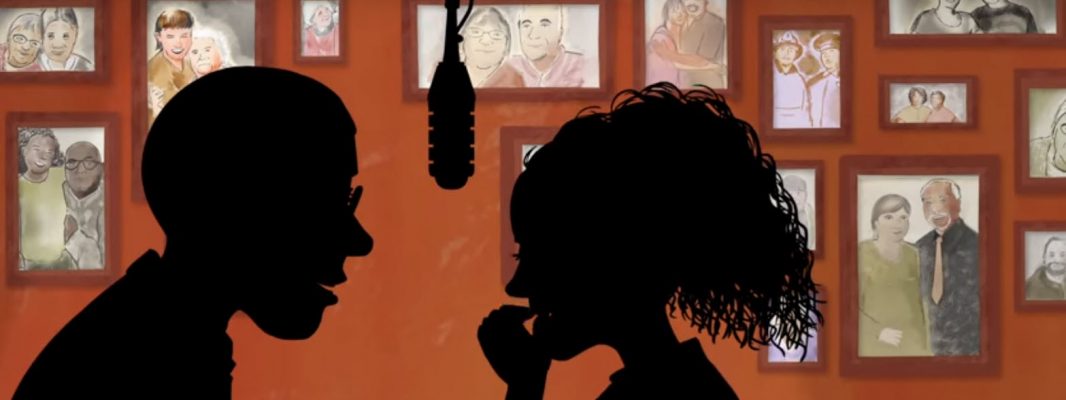As you may know, CCI has been leading the Resilient Beginnings Collaborative (RBC), a program dedicated to addressing childhood adversity in pediatric safety net care settings. We have learned through RBC, to be successful in addressing trauma and adversity, it is critical to start this work by increasing the organization’s understanding of how trauma impacts health and we can better care for patients who have faced adversity. Only then can we implement screening and change clinical care practices.
To start, each RBC team partnered with Trauma Transformed, a Bay Area organization that provides training and policy guidance around trauma-informed systems. This initial training was an important to ensure everyone throughout each participating organization was aligned in their move towards creating trauma- and resilience-informed environments. We reviewed the causes and health consequences of trauma. We learned that a trauma-informed approach in health care asks patients, “What happened to you?” instead of “What is wrong with you?” And we walked away with a desire for even more information about how to create trauma-informed systems of care.
In response to this need for more support, I recently attended a training hosted by Montefiore Medical Center that spotlighted “unconscious cultural bias reduction.” Often the issues of equity, racism and, unconscious bias are a single module in a typical trauma-informed care training; but this special training focused on infusing these principles throughout the learning session. The idea is that recognizing that patients have trauma related to their cultural identities (ethnicity, socioeconomic status, nationality, etc.) enhances our ability to provide services.
Dr. Dana Crawford, an incredible force of nature and one of the most knowledgeable leaders in the trauma-informed care space, hosted the training. At Montefiore, she told us, trauma-informed services:
- incorporate knowledge about trauma in all aspects of service delivery,
- are sensitive to and engage patients,
- minimize re-victimization,
- contribute to healing, recovery, and empowerment, and
- emphasize collaboration.
Dana led a variety of exercises to help participants see how they can engage their own staff in sharing their own stories because the issues of bias and multicultural identity touch us all. One of my favorite exercises was around sharing the history of our names and exploring the advantages or disadvantages tied what people call us. It was a simple exercise, but showed us how privilege and power is built into so many aspects of our lives.
Here are a couple of other great resources I discovered at Montefiore:
- This great video from the Center for Health Care Strategies explains the importance of trauma-informed care and why buy-in from everyone in the organization is vital.
- This compilation of CDC resources on adverse childhood experiences (ACEs) is so helpful.
- And Dana shared two powerful videos from StoryCorps. Both Traffic Stop and Mi Abuela Panchita provide a very personal perspective on complex issues of racism and assumptions made based on our personal histories. These StoryCorps narratives are great teaching tools to start important conversations about the “isms” — like racism and sexism — that add trauma in our lives and the lives of our patients.
Through it all, it’s important to also acknowledge the impact of secondary trauma and compassion fatigue has on our teams. This work is hard and complex and can be draining. We need to make sure we take care of ourselves, and it’s important for us all to find the right self-care that works for each of us.

